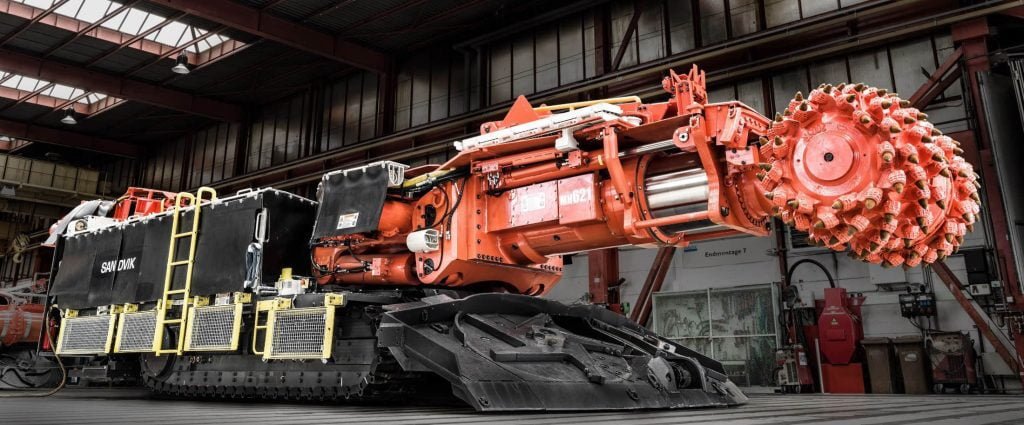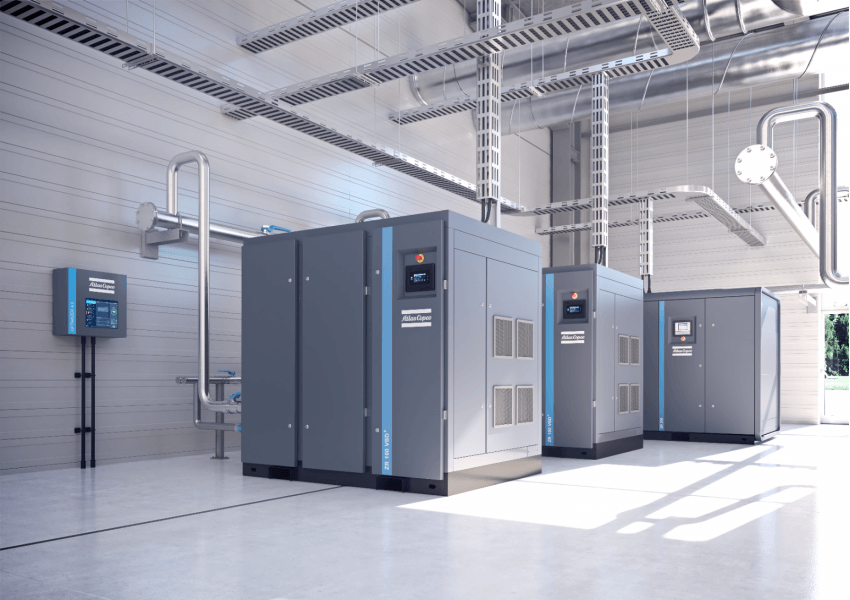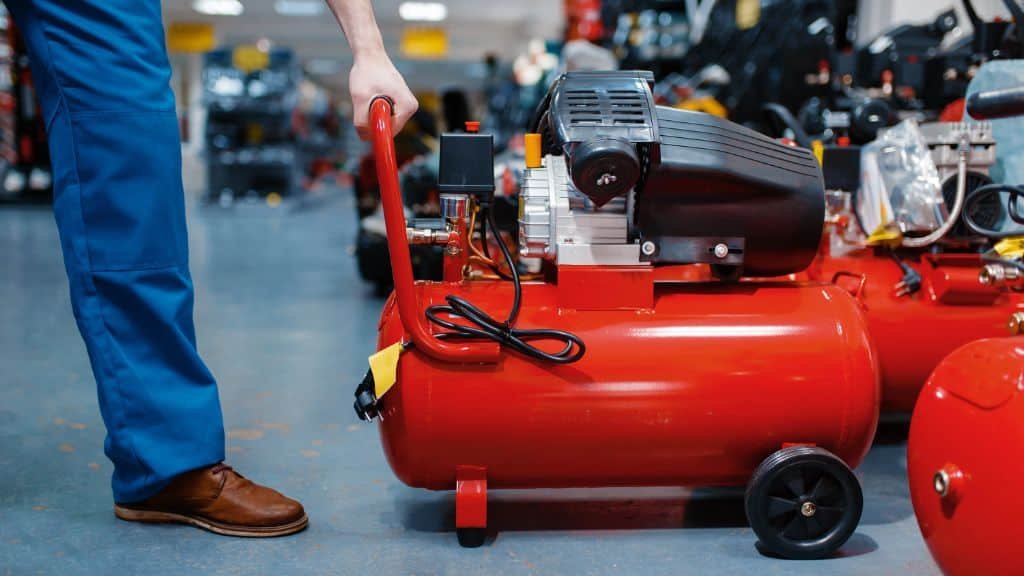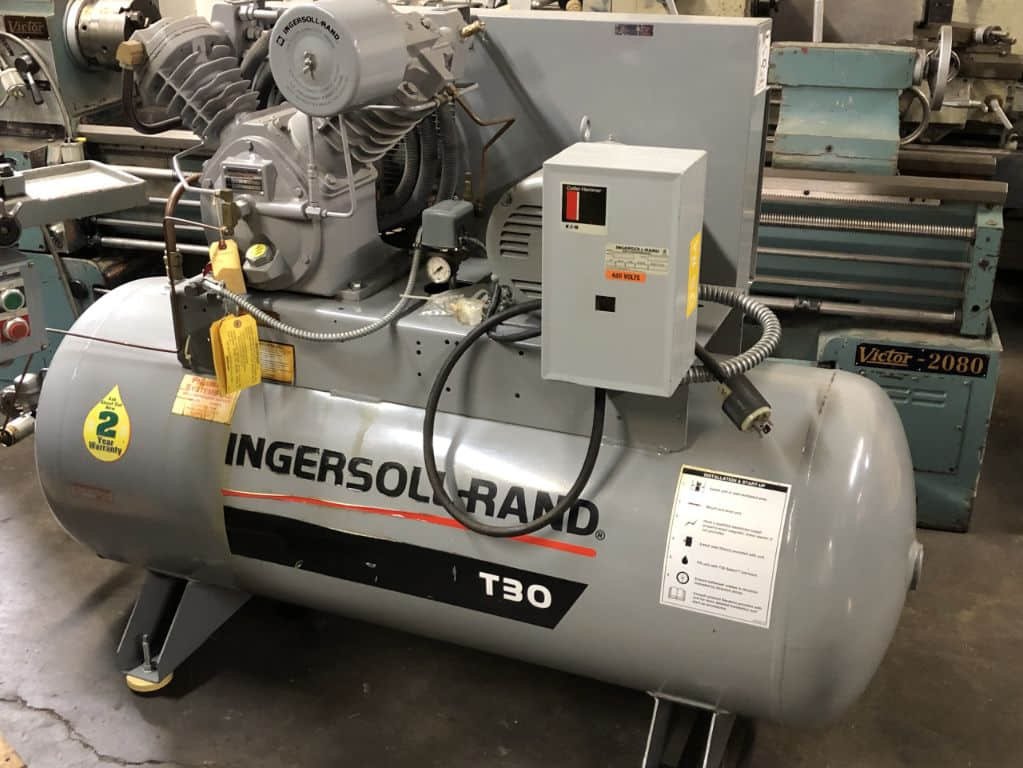Improving Repair Techniques for Black & Decker Air Compressors
Black & Decker air compressors are reliable and efficient tools that can be found in many workshops and garages. However, like any mechanical device, they can sometimes experience issues that require repair. In this article, we will explore some techniques to improve the repair process for Black & Decker air compressors, ensuring that you can get your compressor up and running again in no time.
Understanding the Basics
Before diving into the repair techniques, it is essential to have a basic understanding of how an air compressor works. An air compressor consists of several key components, including a motor, a pump, a tank, and various valves and fittings. The motor powers the pump, which compresses air and stores it in the tank. The compressed air can then be used to power pneumatic tools or inflate tires.
Identifying Common Issues
When your Black & Decker air compressor is not functioning correctly, it is crucial to identify the problem accurately. Here are some common issues you may encounter:
1. No Power
If your air compressor does not turn on, the first thing to check is the power source. Ensure that the power cord is securely plugged in and that the outlet is functioning correctly. If the power source is not the issue, you may need to inspect the motor or the pressure switch for any faults.
2. Low Pressure
If your air compressor is not generating enough pressure, it may be due to a leak in the system. Check all the connections, hoses, and fittings for any signs of leakage. Additionally, inspect the pressure relief valve and the tank drain valve to ensure they are functioning correctly.
3. Excessive Noise
If your air compressor is making unusual or excessive noise, it could indicate a problem with the motor or the pump. Inspect these components for any signs of damage or wear. Additionally, check the mounting bolts and rubber feet to ensure they are secure and in good condition.
Repair Techniques
Now that we have identified some common issues, let’s explore some repair techniques to address them:
1. Power Issues
If your air compressor is not receiving power, start by checking the power cord and the outlet. If they are functioning correctly, inspect the motor for any loose connections or damaged wires. Tighten any loose connections and replace any damaged wires. If the motor still does not receive power, it may need to be replaced.
2. Pressure Issues
If your air compressor is not generating enough pressure, start by checking for leaks in the system. Apply a soapy water solution to all connections, hoses, and fittings and look for any bubbles. If you find a leak, tighten the connection or replace the faulty component. Additionally, inspect the pressure relief valve and the tank drain valve for any faults. Clean or replace these valves if necessary.
3. Noise Issues
If your air compressor is making excessive noise, start by inspecting the motor and the pump. Look for any signs of damage or wear, such as loose or broken parts. Tighten any loose components and replace any damaged parts. Additionally, check the mounting bolts and rubber feet to ensure they are secure and in good condition. If the noise persists, it may be necessary to replace the motor or the pump.
Conclusion
Repairing Black & Decker air compressors can be a straightforward process if you understand the basics and follow the right techniques. By identifying common issues and applying the appropriate repair techniques, you can ensure that your air compressor remains in optimal condition. Remember to always prioritize safety and consult the manufacturer’s manual for specific instructions.
FAQs
Q: Can I repair my Black & Decker air compressor myself?
A: Yes, many common issues can be repaired by following the techniques mentioned in this article. However, if you are unsure or uncomfortable with the repair process, it is always best to consult a professional.
Q: How often should I perform maintenance on my air compressor?
A: Regular maintenance is essential to keep your air compressor in good working condition. It is recommended to perform basic maintenance tasks, such as checking for leaks and cleaning filters, every three to six months. Additionally, follow the manufacturer’s guidelines for more specific maintenance schedules.
Q: Can I use any type of oil in my air compressor?
A: No, it is crucial to use the recommended oil for your specific air compressor model. Using the wrong type of oil can damage the compressor and affect its performance. Refer to the manufacturer’s manual for the correct oil specifications.
Q: How long should my air compressor last?
A: The lifespan of an air compressor can vary depending on various factors, such as usage, maintenance, and quality. On average, a well-maintained air compressor can last anywhere from 10 to 15 years. However, regular maintenance and prompt repairs can extend its lifespan.
Remember, understanding the basics, identifying common issues, and applying the appropriate repair techniques are key to improving the repair process for your Black & Decker air compressor. By following these guidelines and prioritizing safety, you can ensure that your air compressor remains a reliable tool in your workshop or garage for years to come.




